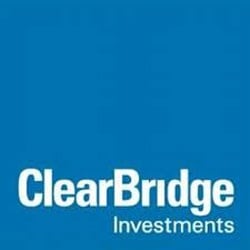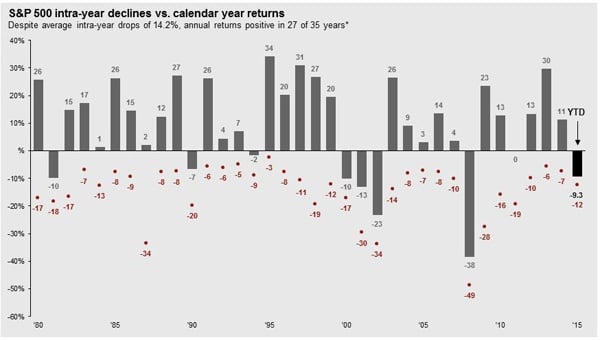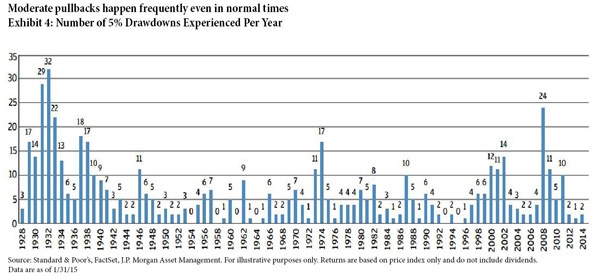Quizmaster Doug Hutchinson has come up with another great quiz that explores advisor fees and mutual fund expenses to consider when choosing an advisor. Let’s see what the math has to say.
Good luck!
Consider the following scenario:
Sam, Frank, and Kathy use different financial advisors. Each financial advisor has a different fee structure.
Sam pays a flat fee of 1% to his advisor. There are no other fees associated with his account.
Frank pays his advisor a fee of 0.9%. The advisor invests Frank's assets in a mutual fund with an expense ratio of 1.6%.
Kathy pays her advisor a flat fee of 0.75%. Her advisor invests Kathy's assets in a mutual fund with an expense ratio of 1.25%.
[+] Read More

















